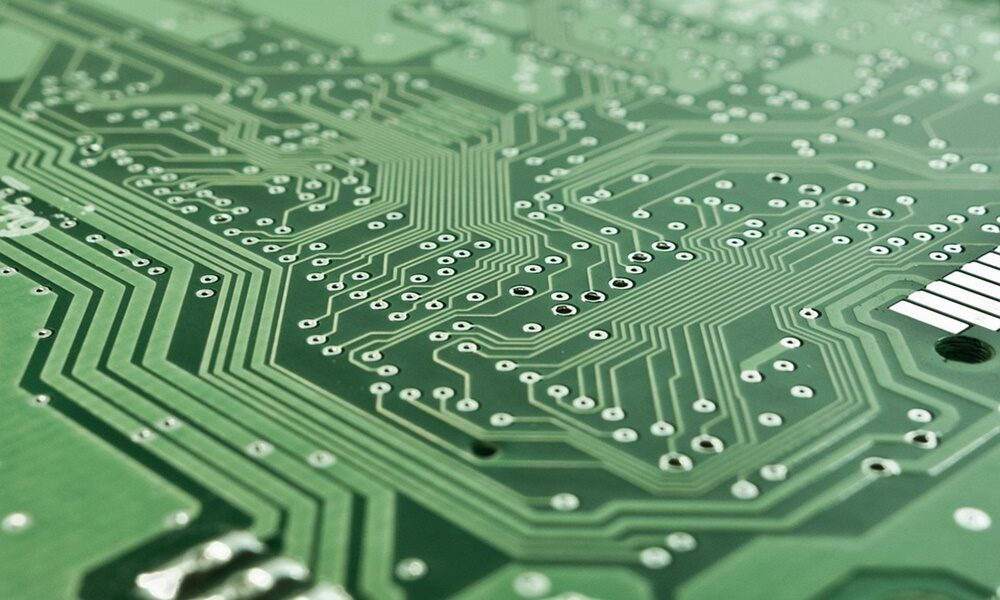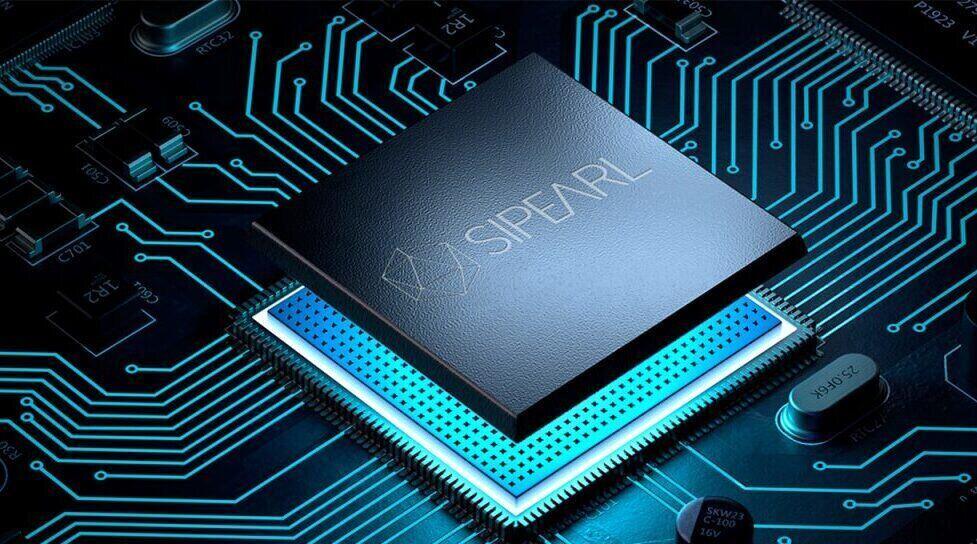
A giant step is taken in the sector with the irruption of this news that will transform the manufacture of chips. As of the second half of the current decade, IBM will be mass-produced, with the collaboration of the Japanese company rapiduschips with 2 nanometer technologywhich will mean reducing by a 75% energy consumption of current 7 nanometer technology.
Although the agreement was announced in 2021, it has been now when it has been consolidated, guaranteeing IBM a geographically balanced global supply chain which is built on the basis of an ecosystem of companies and nations with the same entrepreneurial and progress mentality.
May 2021 will always be remembered as the date IBM announced the design and production of semiconductors for the industry that followed. the 2 nanometer nanoplate technologygaining performance and energy efficiency.
IBM has led the semiconductor research and innovation industry for decades, working at high throughput at its Albany, New York research lab, analyzing semiconductor capabilities and actively responding to global demand for chips. . The first 2-nanometer chips to hit the market debuted in the IBM Power Systems based in POWER 10.
The 2-nanometer design enables faster, more efficient, and more reliable chips, following the revolutionary nanoplate technology from IBM Research. With it you can house 50 billion transistors on a chip the size of a fingernail, that is, innovations can be incorporated into the core and improve the capabilities of workloads such as cloud computing or Artificial Intelligence (AI).
Nor will the new security methods and hardware-enforced encryption be left behind. In fact, the arrival of IBM POWER 10 either IBM z15 It helps implement kernel-level improvements in the latest generations of hardware.
What do the 2 nanometer chips mean?
These 2 nanometer chips have a series of Benefits to consider:
- Quadruple the battery life of mobile phones: Allows devices to be charged every four days.
- Reduce the carbon footprint of data centers: They represent 1% of world energy consumption.
- They speed up the functions of laptops: They mean faster processing and great efficiency when it comes to translating languages with ease. The Internet browsing experience also becomes more advanced.
- Improve object detection: An essential pillar, as well as the ability to react more quickly in the case of autonomous vehicles.
The incorporation of the new 2-nanometer chips, from 2025, will mean reaching a yield greater than 45% that offered by the models that currently prevail in the market. Now the processors will have a new functional architecturewhich in turn, will contribute to automation, efficiency, competitiveness and speed to market.
Rapidus Chairman and CEO, atsuyoshi koikeassures that this collaboration with IBM represents “a contribution to the well-being of humanity through advanced logic semiconductors, produced with technologies developed jointly with the American company.”



